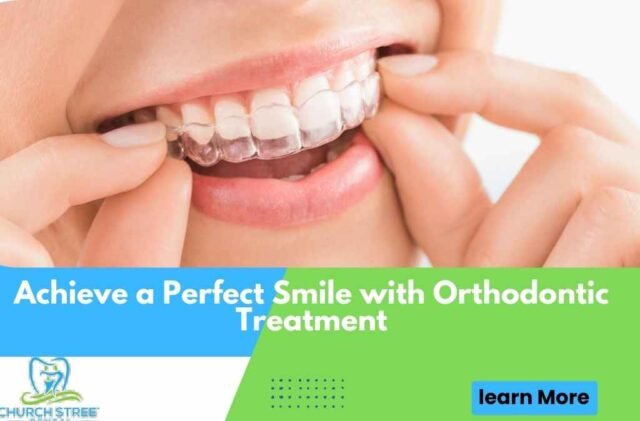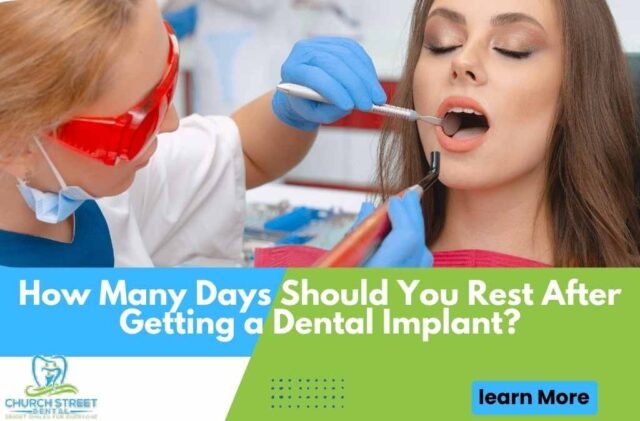Dental bridges have become a popular solution for those with missing teeth, offering a reliable and aesthetically pleasing option to restore your smile. Understanding the different types of dental bridges available can help you make an informed decision about which one is best suited for your needs. In this comprehensive guide, we will explore the various types of dental bridges, their benefits, materials, costs, and much more. With the latest updates for 2024, we aim to provide you with the most relevant information to guide your choice.
What Are Dental Bridges?
Dental bridges are prosthetic devices used to replace one or more missing teeth. They consist of artificial teeth, known as pontics, which are anchored by dental crowns on the adjacent natural teeth or implants. Dental bridges help restore the function and appearance of your teeth, allowing you to chew, speak, and smile confidently.
Types of Dental Bridges
Understanding the types of dental bridges is crucial in choosing the right one for your dental needs. The main types include:
- Traditional Dental Bridges
- Description: These bridges involve creating a crown for the tooth or implant on either side of the missing tooth, with a pontic in between.
- Use: Ideal for patients with natural teeth on both sides of the gap.
- Cantilever Dental Bridges
- Description: These are used when there are adjacent teeth on only one side of the missing tooth or teeth.
- Use: Less common and typically used in areas with less stress, such as the front teeth.
- Maryland Dental Bridges
- Description: Also known as resin-bonded bridges, they use a metal or porcelain framework bonded to the back of adjacent teeth.
- Use: Best for replacing front teeth due to their minimal invasive nature.
- Implant-Supported Dental Bridges
- Description: These bridges are supported by dental implants rather than crowns or frameworks.
- Use: Ideal for patients missing multiple teeth, providing strong and durable support.
Benefits of Dental Bridges
Dental bridges offer several benefits, making them a preferred choice for many patients:
- Restored Functionality: Bridges help restore the ability to chew and speak properly.
- Aesthetic Improvement: They improve the appearance of your smile.
- Preventing Teeth Movement: They prevent remaining teeth from drifting out of position.
- Enhanced Confidence: A complete smile boosts self-esteem and confidence.
Choosing the Right Dental Bridge
Selecting the best dental bridge involves considering various factors such as the location of the missing tooth, your overall oral health, and your budget. Here are some tips to help you choose:
- Consult with a Specialist: Seek advice from a dental professional to evaluate your specific needs.
- Consider the Material: Dental bridges can be made from porcelain, ceramic, metal, or a combination. Each material has its pros and cons.
- Evaluate Durability: Some bridges, like implant-supported ones, offer more durability.
- Cost Considerations: Determine your budget and explore financing options if necessary.
Materials Used in Dental Bridges
The materials used in dental bridges significantly impact their durability, appearance, and cost. The common materials include:
- Porcelain: Highly aesthetic and matches natural teeth.
- Ceramic: Offers a natural look and is durable.
- Metal Alloys: Provide strength and support, often used for molar replacements.
- Gold: Highly durable but less common due to its appearance.
Procedure for Getting Dental Bridges
The process of getting a dental bridge typically involves multiple visits to the dentist. Here’s a step-by-step guide:
- Initial Consultation: Your dentist examines your teeth and discusses the best options.
- Preparation: The adjacent teeth are prepared by removing a portion of enamel to make room for the crowns.
- Impressions: An impression of your teeth is taken to create a custom bridge.
- Temporary Bridge: A temporary bridge is placed to protect the prepared teeth while the permanent one is made.
- Fitting: The permanent bridge is fitted and adjusted for proper bite and comfort.
- Placement: The bridge is cemented into place, completing the process.
Maintenance and Care for Dental Bridges
Proper maintenance and care can extend the lifespan of your dental bridge. Here are some tips:
- Regular Brushing and Flossing: Maintain good oral hygiene to prevent decay and gum disease.
- Avoid Hard Foods: Reduce stress on the bridge by avoiding hard and sticky foods.
- Routine Dental Checkups: Regular visits to your dentist for professional cleaning and examination.
- Use a Mouthguard: If you grind your teeth, a mouthguard can protect your bridge.
Comparing Dental Bridges with Other Options
When considering dental bridges, it’s helpful to compare them with other dental restoration options:
- Dental Bridges vs. Implants
- Bridges: Less invasive and quicker to install but may require replacement over time.
- Implants: More durable and permanent but involve a surgical procedure and higher cost.
- Dental Bridges vs. Partial Dentures
- Bridges: Fixed and feel more like natural teeth.
- Partial Dentures: Removable and less expensive but can be less stable.
- Dental Bridges vs. Crowns
- Bridges: Used to replace missing teeth.
- Crowns: Used to cover damaged or decayed teeth.
Cost of Dental Bridges
The cost of dental bridges varies based on several factors such as the type of bridge, the materials used, and your location. On average, dental bridges can range from $500 to $1,200 per tooth. Implant-supported bridges can be more expensive, often ranging from $5,000 to $15,000.
Restoring Your Smile with Dental Bridges
Understanding the various types of dental bridges can help you make an informed decision about restoring your smile. Whether you need a traditional, cantilever, Maryland, or implant-supported bridge, there are options to suit every need and budget. At Church Street Dental in Chicopee, MA, we offer a range of dental services, including the best dental bridges, to help you achieve a healthy and beautiful smile. Our team of experienced dental professionals is dedicated to providing top-quality care and personalized treatment plans. Contact us today to schedule a consultation and learn more about how we can help you with your dental needs.






